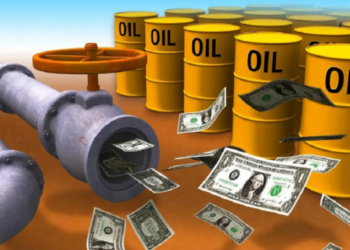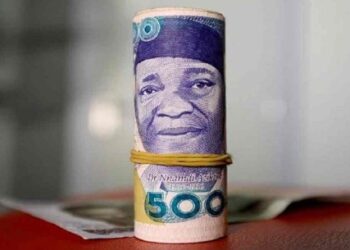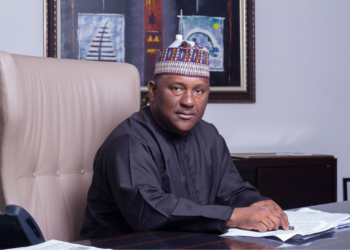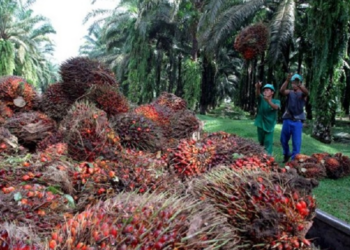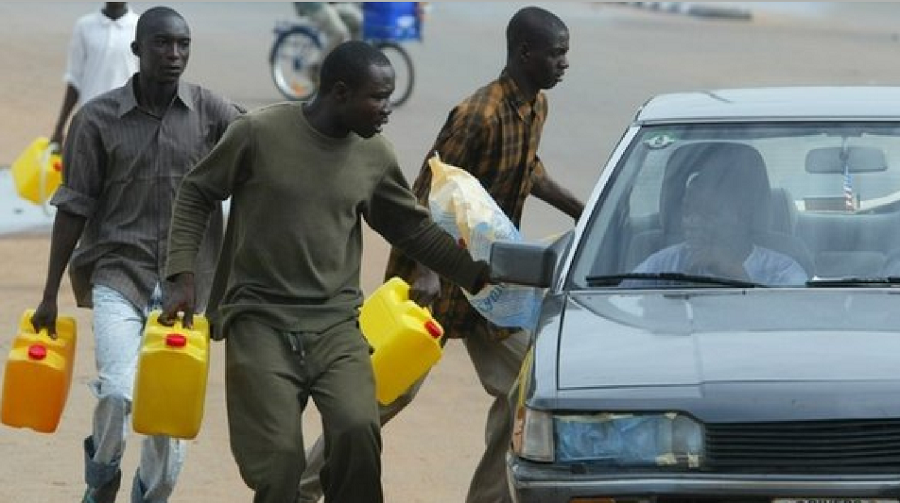President-elect, General Muhammadu Buhari has barely a week left to be declared the 4th democratically elected president of Nigeria since 1999. However, he is set to inherit an economy in shambles and one that will require tough action to fix. Here is why:
- The current and battered exchange rate is believed to be overvalued and could probably be devalued again.
- The fuel queues are not letting up and prices of goods and services are on the upswing. Government revenues continue to thin out and states are getting flat broke.
- Inflation rate is rising and the country’s GDP is now growing slower than originally anticipated. The capital markets have taken a beating and companies in several sectors of the economy continue to groan with weaker margins.
- The banks are bracing up for tighter regulations while insurance companies look to foreign investors to stay afloat.
- Labour unions are bracing up for what could be a very tough battle with the incoming government just as the government fine tunes plans to cut waste, introduce austerity and perhaps reduce the size of government.
- Corruption remains pervasive, and appears to be getting even worse, as we draw close to the resumption of the Buhari led government.
So, with all these happening and more expected to happen one is compelled to blame no other person than outgoing President Jonathan. But then could some cynics have a contarian view and apportion some blame to Buhari?
The argument can be made that maybe, just maybe, Buhari shares the blame. As ridiculous as this may sound we feel inclined to play the Devil’s Advocate and think like a cynic.
Here is how Buhari may just get part of the blame.
Hard fought election – The just concluded elections were the toughest in the history of Nigeria and frayed nerves. Investors sucked out billions of dollars from the economy while billions in potential investments remained and remain on the sidelines well after the elections. Businesses were basically on auto drive with little or no activity experienced in the first quarter if the year. It is no wonder GDP slowed in Q1 compared to same period 2014. The polarizing nature of the General and the negative campaign of GEJ may just have contributed to this.
Fighting corruption – One apprehension a lot of investors and indeed Nigerians had for Buhari was his famed affirmation to root out corruption in the system. While many Nigerians wanted corruption eradicated, investors were scared it might just rattle the status quo so much that economic activities would be constrained. There was also resentment that the fight against corruption may also degenerate into some form of witch-hunt and would eventually not achieve its original aims. This worry, could perhaps be the reason why oil marketers want their outstanding balance paid by the GEJ government before it hands over power.
Socialist policies – The Buhari led government has also promised to introduce policies aimed at spreading wealth and creating employment. However, this will require a lot of funding and could see the government trying to borrow to fund its promises. The impact is already been felt in the bond market as volatility persists. The rumoured fiscal policies of the incoming government are also being closely watched especially by the guys at the CBN. Expansionary fiscal policies often lead to interest rate hikes which all but ensure small business loans remain expensive.
The government has made known its plans to rely heavily on taxation, a situation that has increasingly placed the earnings of most Nigerian businesses at risk leaving investors with no choice but to keep their money on the sidelines.
Divided government – For the first time since 1965, we have a government that is divided. Even though Buhari’s APC has a majority in the legislature and the states, it is not as absolute a majority as enjoyed at different points by the PDP. Politicians of the same party or previously of the same party are neck deep in division. This is even more evident in the two factions of the Governors Forum. With Buhari as a strong member of the APC and the likely contender at the time, disgruntled former PDP supporters dumped the party for APC. After joining APC they knew they had no choice than to help fund the activities of the new party. Many speculate the money used to fund party activities may have been from state coffers thus rendering most states bankrupt. If this is true, then again we have no choice but to blame the Buhari campaign.
Depreciation of the naira – One of the reasons attributed to why the naira was severely under pressure was the flush of campaign funding into the forex market. The demand for forex was unusually high during the election cycle and this buttresses just how keenly contested these elections were. Parallel market dealers when asked blamed the dollar scarcity on politicians among them, APC members. Election money has also affected the inflation rate with prices of goods and services spiking following the devaluation of the naira and the attendant effects of campaign spending.
So, while the outgoing government shares a huge part of the blame for poor state of the government is it inconceivable to think that the incoming government does not share a part of this blame?

![[GRIM] Inflation rate spikes, GDP growth rate drops…GEJ will handover a failing economy](https://nairametrics.com/wp-content/uploads/2015/05/GEJ-and-Buhari-handover.jpg)



